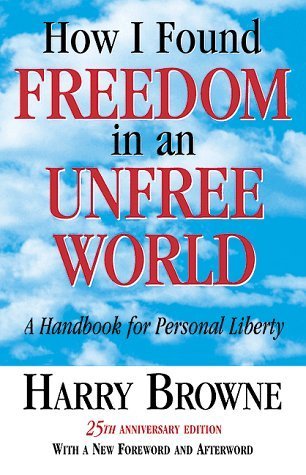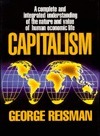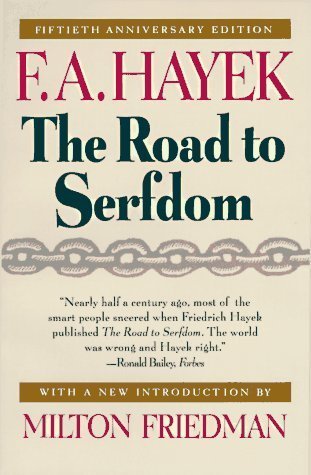
Free to Choose: A Personal Statement
Book Description
Imagine a world where freedom reigns supreme, where individual choices shape destiny and ignite the spirit of true prosperity. In "Free to Choose: A Personal Statement," Milton Friedman challenges the status quo, delving into the exhilarating dance between liberty and government control. He unravels the tapestry of economic principles, revealing how personal empowerment can spark innovation and growth. With each poignant argument, the walls of conventional thought begin to crumble, urging society to rethink its foundations. Can freedom truly unlock humanity’s potential, or is it a fleeting dream? The answer lies in the pages of this powerful manifesto.
Quick Book Summary
"Free to Choose: A Personal Statement" by Milton Friedman is a foundational work in economic thought championing the virtues of personal freedom in economic and social life. Through a series of lucid arguments and real-world examples, Friedman and his wife Rose make the case that minimal government intervention and robust free markets are the engines of prosperity, innovation, and individual well-being. The book critiques central planning, government regulation, and welfare policies, arguing that such interventions often produce inefficiencies, stifle personal responsibility, and limit choice. The Friedmans posit that individuals—when empowered to make their own decisions—generate better outcomes for society as a whole. Accessible and persuasive, this book challenges readers to reconsider the role of government and advocates for a society anchored in personal and economic liberty.
Summary of Key Ideas
Table of Contents
Economic Freedom and Prosperity
Friedman begins by distinguishing the power of economic freedom as the cornerstone of a prosperous society. Drawing from history, he argues that societies with greater individual liberty and voluntary exchange create more wealth and opportunity for all. He critiques systems where government replaces market choices with mandates, warning such control often leads to unintended consequences and inhibits progress. According to the Friedmans, liberty is inseparable from economic choice.
The Limits of Government Intervention
Government intervention receives critical analysis, particularly through examples of regulation and central planning. The Friedmans assert that, while the state must play a role in areas like law enforcement and defense, direct government involvement in economic matters—such as price controls, trade restrictions, and industrial policies—tends to produce inefficiency, waste, and ultimately restricts individual options. Instead, open competition and free markets coordinate resources more effectively than centralized bureaucracy.
The Role of Incentives
A core idea is the importance of incentives in guiding economic behavior. The Friedmans show that policies disregarding personal incentives—such as heavy taxation or guaranteed subsidies—often lead to unintended negative effects, including decreased productivity and innovation. By aligning personal interest with societal benefit, markets channel individual motivation into collective gains, strengthening the nation’s economy and raising living standards for all.
Welfare, Education, and Public Policy
Social policy, especially in welfare and education, is discussed at length. The book critiques expansive welfare programs and public education systems for fostering dependency and eroding personal responsibility. The Friedmans propose solutions like negative income tax and school vouchers, aiming to empower individuals with choice and autonomy, thereby encouraging improvement both in recipients and service quality.
Global Perspectives on Freedom
Finally, the Friedmans expand their arguments beyond the United States, analyzing how different economic systems worldwide have shaped societal outcomes. Countries that embraced free-market reforms—such as Japan and West Germany—saw rapid growth, whereas those with stringent controls lagged behind. The universality of economic liberty’s benefits becomes evident, making "Free to Choose" a rallying call for global adoption of freedom-oriented policies.
Download This Summary
Get a free PDF of this summary instantly — no email required.





